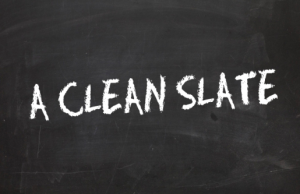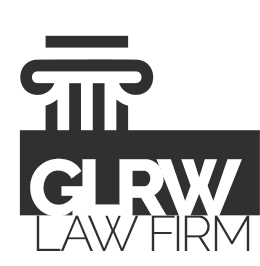 If you have been ever been charged with any Criminal or Disorderly Persons offense, your entire record, from the date of your arrest, to the day your sentence ends, stays on your record for the rest of your life. Even if the charges against you were dismissed outright, or after successful completion of a diversionary program (such as Conditional Discharge or Pre-Trial Intervention), the record of your arrest will likely remain. This is because New Jersey allows for automatic expungement only in very limited circumstances. Most people have to actively undergo the expungement process in order to have their record cleared.
If you have been ever been charged with any Criminal or Disorderly Persons offense, your entire record, from the date of your arrest, to the day your sentence ends, stays on your record for the rest of your life. Even if the charges against you were dismissed outright, or after successful completion of a diversionary program (such as Conditional Discharge or Pre-Trial Intervention), the record of your arrest will likely remain. This is because New Jersey allows for automatic expungement only in very limited circumstances. Most people have to actively undergo the expungement process in order to have their record cleared.
Once the Superior Court orders an expungement, all courts, police departments, probation departments, correctional facilities, and any and all other entities you may have come in contact with must extract and isolate all records they have regarding your legal matter. Undertaking the expungement process removes all of this information from your Criminal history, meaning that a background check conducted by any potential employer, school, or similar entity will uncover no record of your arrest or disposition.
 It is easy to find materials on-line instructing applicants on how to expunge their own records if they so chose. However, the procedures and laws surrounding expungement can be surprisingly complex. Not only must the applicant know exactly what entities must be involved in the expungement process, and what the proper procedures are, but there are also very strict laws regarding what types of Crimes can and cannot be expunged, and what the time periods are within which they can be expunged. To further complicate matters, there are numerous instances where expunging a Crime requires an argument to be made; in order for the applicant to be successful, he or she must gather substantial documentation from the court where the matter was heard, must gather documentation as to “good character,” may need to confer with the County Prosecutor’s Office, and may even have to appear in a hearing before the Superior Court, where the judge will ultimately decide whether or not to grant the expungement. Needless to say, the assistance of an attorney can only help this process.
It is easy to find materials on-line instructing applicants on how to expunge their own records if they so chose. However, the procedures and laws surrounding expungement can be surprisingly complex. Not only must the applicant know exactly what entities must be involved in the expungement process, and what the proper procedures are, but there are also very strict laws regarding what types of Crimes can and cannot be expunged, and what the time periods are within which they can be expunged. To further complicate matters, there are numerous instances where expunging a Crime requires an argument to be made; in order for the applicant to be successful, he or she must gather substantial documentation from the court where the matter was heard, must gather documentation as to “good character,” may need to confer with the County Prosecutor’s Office, and may even have to appear in a hearing before the Superior Court, where the judge will ultimately decide whether or not to grant the expungement. Needless to say, the assistance of an attorney can only help this process.


